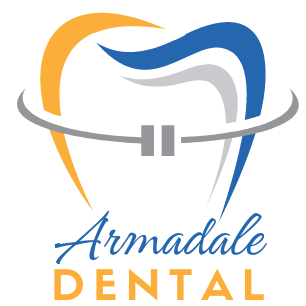The “soft tissue laser” is a cutting-edge medical technology that has revolutionized various healthcare procedures. This advanced tool utilizes focused laser beams to precisely target and treat soft tissues within the body. Its applications span across multiple medical fields, including dentistry, dermatology, and surgery. Soft tissue lasers work by emitting highly concentrated light energy that can be absorbed by the water content in the soft tissues, allowing for precise and minimally invasive procedures.
Here’s how this service procedure works:
- Dental Procedures: Soft tissue lasers are used in dentistry for gum surgeries, gum contouring, and treating periodontal diseases. They can precisely remove excess gum tissue or bacteria without the need for traditional surgical instruments, resulting in reduced discomfort and faster healing.
- Dermatology: In dermatology, soft tissue lasers are employed for cosmetic procedures like wrinkle reduction, scar removal, and tattoo removal. The laser’s energy is adjusted to target specific skin imperfections, leaving surrounding tissue untouched.
- Surgery: Surgeons utilize soft tissue lasers for procedures such as the removal of tumors, blood vessel sealing, and incision-making. The laser’s precision reduces the risk of damage to surrounding healthy tissues, leading to quicker recovery times.
- Pain Management: Soft tissue lasers can also be used for pain relief by reducing inflammation and promoting tissue regeneration. This is particularly beneficial for conditions like temporomandibular joint (TMJ) disorders.
- Ophthalmology: In eye surgery, soft tissue lasers are employed to treat conditions like glaucoma and diabetic retinopathy. They help improve the flow of fluids within the eye or seal off abnormal blood vessels.

What are the potential side effects or risks associated with soft tissue laser procedures?
While soft tissue lasers are generally considered safe and minimally invasive, some potential side effects may include mild discomfort, swelling, redness, or temporary sensitivity in the treated area. It’s essential to discuss these concerns with your healthcare provider before undergoing any soft tissue laser procedure to ensure a full understanding of the potential risks and benefits.
